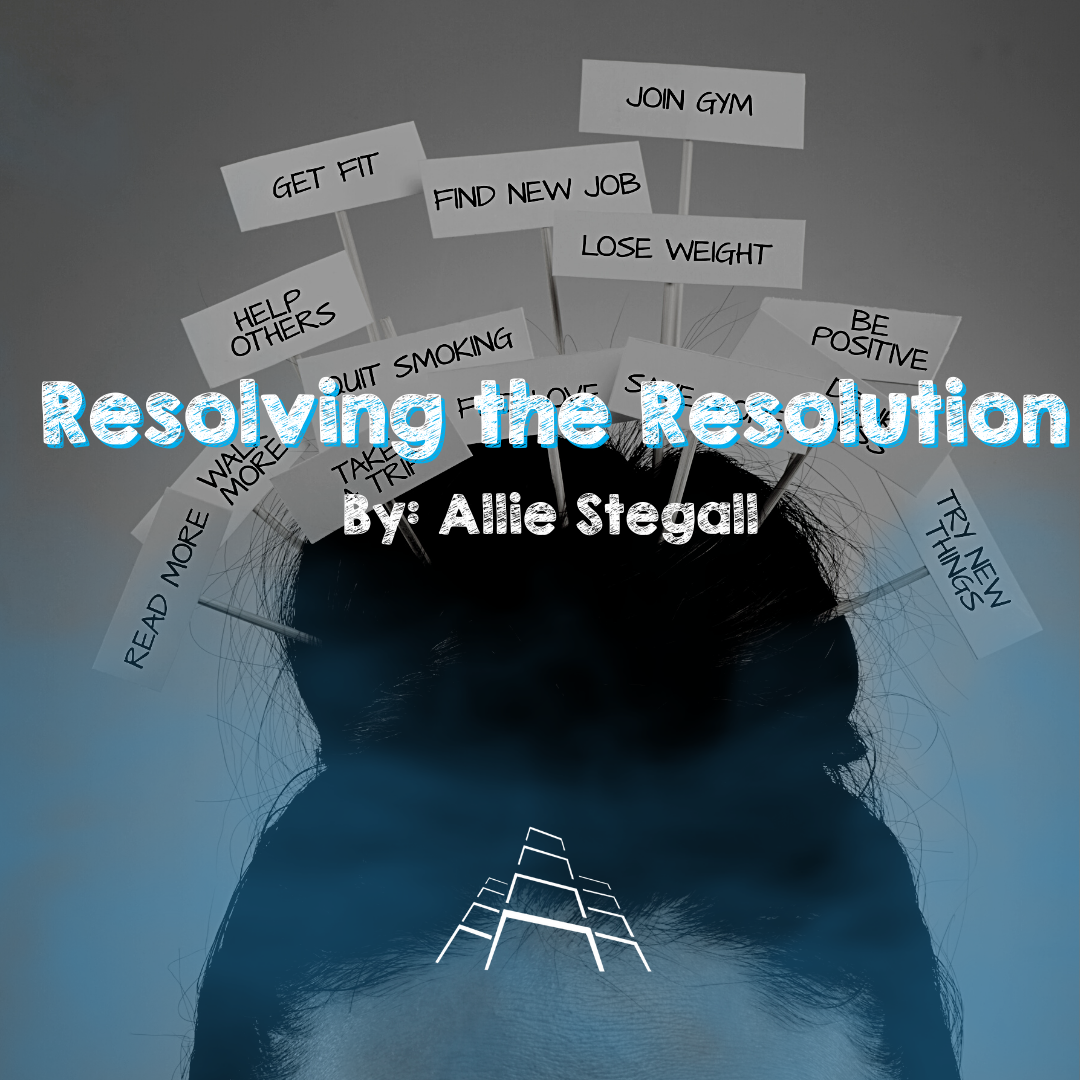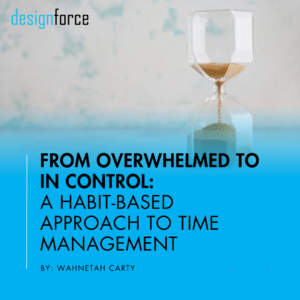With the holidays now behind us, we can focus our efforts towards reflection as we evaluate what we have accomplished in 2020 and begin to formulate what we would like to achieve for ourselves in 2021. In this edition of our newsletter, we want to speak on resolutions, the psychology of goal setting and forming habits, and why goal setting and habit formation can occur at any point during the year.
Did you know that only 8% of people stick to their New Year’s resolutions? And 80% of people fail their resolutions after only 30 days?! Clearly, New Year’s resolutions are not the answer to cultivating lasting positive change in your life. Rather than focusing on creating a resolution, focus on anti-goal setting. Hear me out! While most people go into the holiday season and start the new year with every intention of keeping their goal, most, clearly, do not as many reading this may have already come to realize. The problem, according to US clinical psychologist Joseph Luciani, lies in setting unrealistic expectations. When we look at the psychology of habit-forming, we find potentially confusing results—many self-help articles and blogs tout forming and breaking bad habits as a process taking between 21 and 28 days.
While I, and everyone wanting to form a good habit or fix a bad one, would love for it to take under a month to stick, this is simply not true. Unfortunately, and perhaps unhelpfully, the answer to the question of “how long does it take to make a habit?” is “it depends.”. A study conducted by University College London found that of the subjects observed, the majority of people took 66 days to create a new habit; furthermore, with results ranging from 18 to 245 days, it turns out it’s pretty tricky to set a standard for habit-forming. The point here is that you shouldn’t focus on how long it takes to make or break a behavior; your energy is better spent elsewhere.
Set Micro-Goals:
Focus instead on creating micro-goals that will help make progress toward the overall target you have in mind. A common resolution people make each year is getting in better shape or upping their gym time. The problem with that mindset, or phrasing even, is that you can only see the intended result while glossing over the daily, somewhat arduous, things you need to do to get there. Rather than just setting the main goal of ‘my resolution is to lose x amount of weight,’ set micro-goals specific to how you are going to achieve that weight loss without a specific time-frame to accomplish it. Instead, try, “I aim to go to the gym three times a week.” Much like personal resolutions, professional goal setting can be taken step by step. It should be seen as a marathon, not a sprint. Imagine that you are interested in obtaining your PE or NCARB license. Getting your license is a big step for your career and is not a goal you will achieve overnight. Look at this goal as if you are looking up a stairwell; the primary goal, getting your license, is at the very top. A micro-goal is getting to each of the stairwell landings (i.e., buying the correct study books).
Create a Schedule:
As you create these micro-goals, it is as important to schedule time in your day to achieve those smaller accomplishments. We all lead busy lives, and the excuse of “I don’t have time” is an easy justification for why you can’t do something. With competing interests, time slips away from us. Block off an hour each day to exercise, read up on new building codes or study for an exam to further yourself in your personal and professional life. I promise you there is enough time in the day. If we stick with the licensure example, it is important to ensure you set a realistic timeline for yourself. Work and life obligations will almost certainly get in the way of studying. By placing realistic study and practice test timelines, you can accommodate those obligations and stay on track with your primary goal of taking and passing the exam. Many architecture and engineering firms will offer resources or reimbursement in helping employees study and pay for these exams. Seek out those options, and implement them into your schedule.
Reward Yourself:
Finally, as you begin to hit these micro-goals you have set, reward yourself for those small triumphs. By celebrating these minor milestones, you further motivate yourself to continue to hit them. Minor incremental progress has a significant impact on how a goal is perceived. It is important to note that while incremental progress increased motivation, minor setbacks can have an equal and opposite effect. While minor setbacks are merely a guarantee, be mindful of the progress you have made, and don’t let speed bumps run you off the road.
Resolutions themselves are not frowned upon, more so the time frame and unrealistic expectations people put on themselves to complete them. When looking at the full picture, it’s no wonder that only 8% of people who set a resolution are able to keep it. Keeping this targeted approach and smaller goals in mind, one can begin to put those resolutions in place and work towards them now and throughout 2021.
Like what you read? Find exclusive early access to content like this on our monthly newsletter. To sign up, click here

Related Posts
Let's learn together.
Stay inspired and in the know on all things A|E|C.
Sign up for our monthly newsletter.










